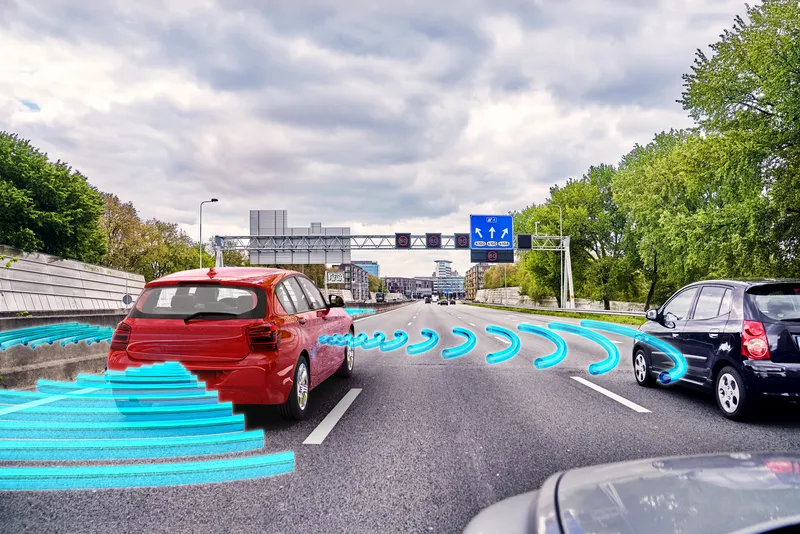The EU co-funded AutoNet2030 research project begins in November 2013, and will run through to October 2016. The aim of the project is to enable the introduction of more fail-safe, cost effective automated driving technologies to make road traffic safer and more convenient. Deployment is expected to be in 2020-2030, when cooperative wireless communications will already have been available in the majority of vehicles.
October 28, 2013
Read time: 2 mins
The EU co-funded AutoNet2030 research project begins in November 2013, and will run through to October 2016. The aim of the project is to enable the introduction of more fail-safe, cost effective automated driving technologies to make road traffic safer and more convenient. Deployment is expected to be in 2020-2030, when cooperative wireless communications will already have been available in the majority of vehicles.
The project will investigate the complementing functionality between on-board sensors and 5.9 GHz 802.11p based cooperative wireless communications and demonstrate how these components can optimally work together in an advanced automated driving system. In particular, the project aims to demonstrate how the combination of cooperative wireless communications and on-board sensors will make lane-keeping, manoeuvring negotiations and interaction between automated/manually driven vehicles more efficient and reliable.
The prototype cooperative automated driving system will be fully integrated into test vehicles and demonstrated on a test track. Using results from test driving measurements, the effect of scaling up to dense traffic scenarios will be investigated by computer simulations. The project will actively contribute to the ongoing standardisation of 802.11p wireless technology based cooperative communications.
The project will investigate the complementing functionality between on-board sensors and 5.9 GHz 802.11p based cooperative wireless communications and demonstrate how these components can optimally work together in an advanced automated driving system. In particular, the project aims to demonstrate how the combination of cooperative wireless communications and on-board sensors will make lane-keeping, manoeuvring negotiations and interaction between automated/manually driven vehicles more efficient and reliable.
The prototype cooperative automated driving system will be fully integrated into test vehicles and demonstrated on a test track. Using results from test driving measurements, the effect of scaling up to dense traffic scenarios will be investigated by computer simulations. The project will actively contribute to the ongoing standardisation of 802.11p wireless technology based cooperative communications.










